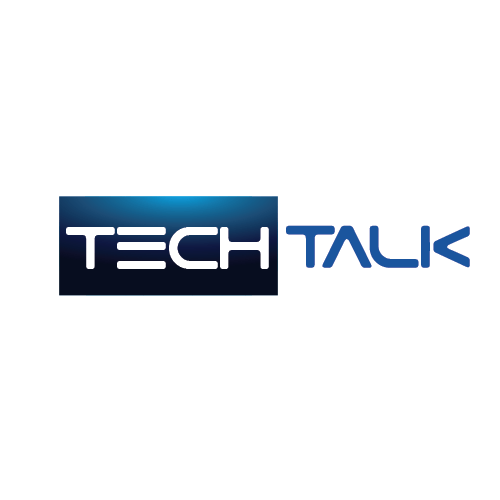Apple’s Strategic Chip Partnership: 3nm Tech Advantage

Apple has gained exclusive access to Taiwan Semiconductor’s (TSMC) cutting-edge 3nm chip fabrication capacity for a full year, securing a highly advantageous arrangement. This strategic partnership will significantly enhance the manufacturing capability for its M3-series Macs, set to debut in October, as well as the A17 Bionics chip that will power the forthcoming iPhone 15.
As reported by The Information (via Ars Technica), Apple’s substantial chip order carries a valuation in the billions of dollars, effectively reserving the entirety of TSMC’s 3nm production capabilities for at least one year. Consequently, TSMC will be unable to fulfill chip production requests from other enterprises during this period. This decision by Apple aligns with TSMC’s previous challenges in satisfying the demand for 3nm wafers, making this collaboration strategically sound.
This agreement holds special significance due to its deviation from the conventional industry practice, where companies typically bear the cost of each functional die, irrespective of its performance. Apple’s extensive order size allows it to exclusively pay for operational chips, potentially leading to substantial cost savings amounting to billions of dollars. Furthermore, TSMC will bear the responsibility for any defective chips generated during the production process, potentially resulting in significant financial benefits for the iPhone manufacturer. It is estimated that approximately 70% of TSMC’s current yield of 3nm dies meets the quality standards, and advancements in the manufacturing processes are anticipated to further reduce the rate of faulty chips in the future.
An additional noteworthy aspect of this development is the revelation that Apple’s orders represent a substantial portion, constituting 23%, of TSMC’s impressive $72 billion revenue for the year 2023. This underscores Apple’s dominant position as TSMC’s most prominent client, a relationship that has remained exclusive for nearly a decade, encompassing all of Apple’s chip requirements across its diverse product range.
This collaboration with Apple has consequential implications for other significant TSMC clients, including Nvidia, AMD, Qualcomm, and even Intel. These entities will need to explore alternative sources to meet their 3nm chip needs during the exclusivity duration.
Recent reports suggest that Samsung has achieved respectable yields from its ongoing 3nm processes, potentially introducing a healthy competitive dynamic to the 3nm landscape. In a parallel effort, Intel’s considerable investment, amounting to billions of dollars, is aimed at establishing its own chip fabrication facilities on a global scale.
Stay Updated about the latest technological developments and reviews by following TechTalk, and connect with us on Twitter, Facebook, Google News, and Instagram. For our newest video content, subscribe to our YouTube channel.





